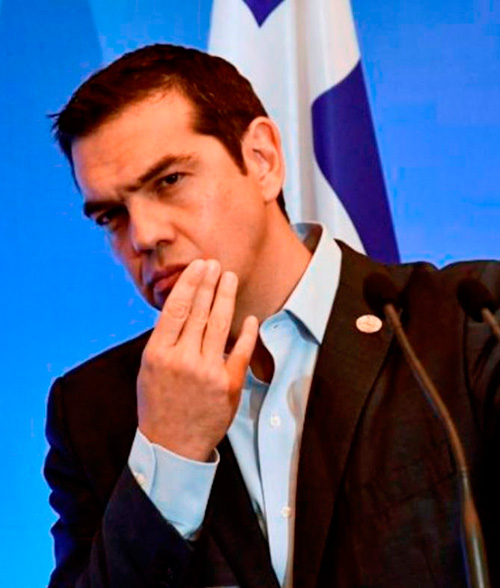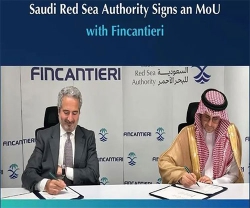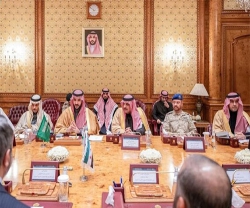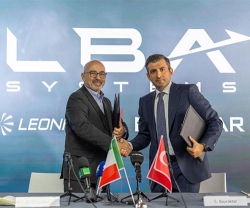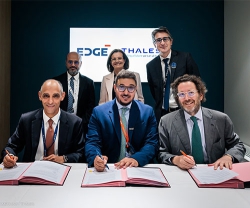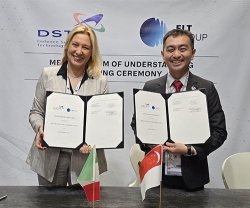Greece’s junior coalition party leader on Monday faced questioning in Parliament and calls for his suspension over a failed deal to sell Greek army missiles to Saudi Arabia.
Panos Kammenos, Defense Minister in Prime Minister Alexis Tsipras’ government, secured a 66-million-euro deal with Saudi Arabia for the sale of surplus missiles to the Gulf state.
The deal fell through in August and questions have arisen since over its transparency.
Greece’s supreme court prosecutor has ordered an investigation after press reports that the government used a middleman to broker the deal - something illegal in government-to-government deals since it is seen as likely to lead to corrupt practices.
Kammenos has repeatedly denied wrongdoing.
His right-wing Independent Greeks party has just nine lawmakers in Parliament, but Tsipras’s government depends on it for a thin majority of 153 seats in the 300-member assembly.
“A fully legal government-to-government agreement to sell ammunition is being presented as corruption,” Kammenos told lawmakers.
“It is a government-to-government deal and there are no intermediaries. The money that would have left Saudi Arabia would have gone to the state coffers - no intermediary, no middlemen,” he said.
But Conservative opposition lawmakers have called for the Minister’s resignation and for a probe into the sale. Others have also questioned the possible sale of arms to Saudi Arabia, which is involved in the Yemen conflict.
“In any normal country, the Prime Minister would have suspended the defense minister until the case was cleared up,” Kyriakos Mitsotakis, the main opposition New Democracy leader, told a heated parliamentary debate.
“Is Mr. Kammenos perhaps blackmailing you with toppling the government?” he asked Tsipras.
The deal was approved in March by Greece’s top decision-making body on foreign affairs and defense matters, KYSEA, which is headed by Tsipras. The reasons it fell through are unclear.
Greek anti-corruption laws ban the use of intermediaries in government-to-government agreements. The government denies wrongdoing and says the so-called intermediary was an authorized representative of Saudi Arabian interests.

